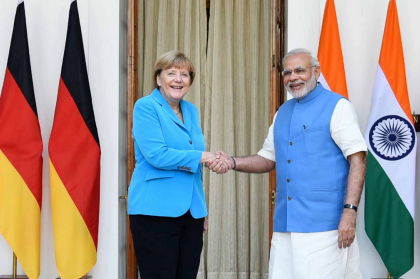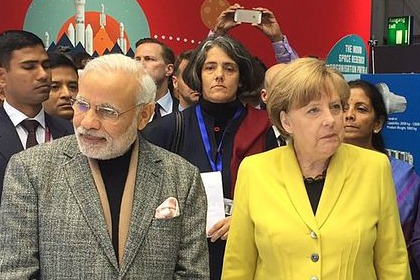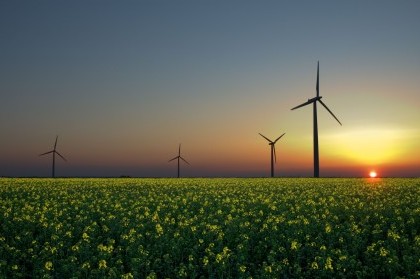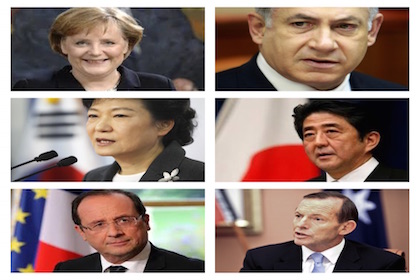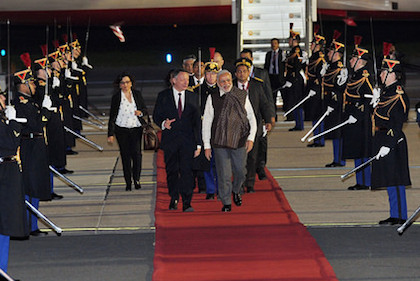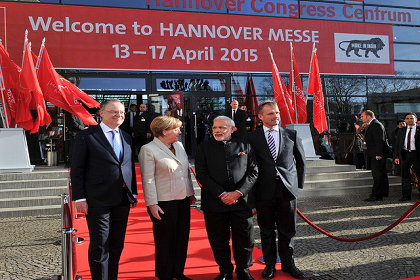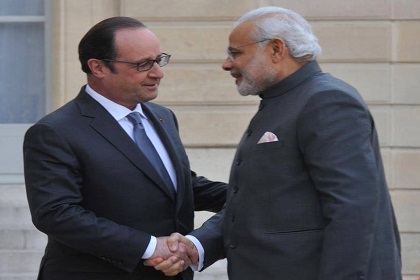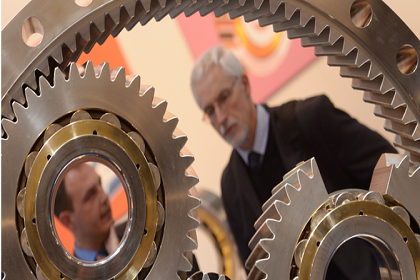Moving ahead after Merkel’s visit
German Chancellor Merkel’s recent visit to India with a high-powered entourage showed the weight attached to this bilateral relationship. German companies want to gain more access to the Indian market and be part of Prime Minister Modi’s high-tech initiatives—and it is up to India to surmount political hurdles and tap into this potential.

